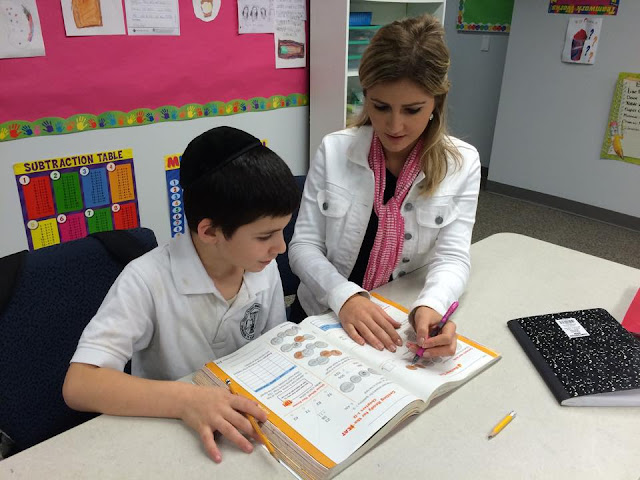3145. You Are a Creative Teacher!

Creativity. Just creativity. So important for the student, as well as for the teacher. Thinking is creative. Otherwise it is not thinking. We teachers have to teach our students to think, and not just knowledge. We should dedicate part of the class, or a school subject to thinking, as I had in the school where I taught in Jaén, south of Spain, 1993 through 2002. Or the whole class, better said, should be dedicated to thinking. That school subject had interesting topics and contents, of an interdisciplinary nature, this is, involving several subjects or areas. Learning has to be creative. Otherwise it’s not learning. As well creativity is important for teaching. A teaching that is not creative is not teaching. Your teaching is creative, if you're reading this. But let’s focus now on the student. He has to invent ways for learning. The ones which are okay with him. And they’re useful and helpful for real learning. When learning and acquiring a second or foreign langua




























